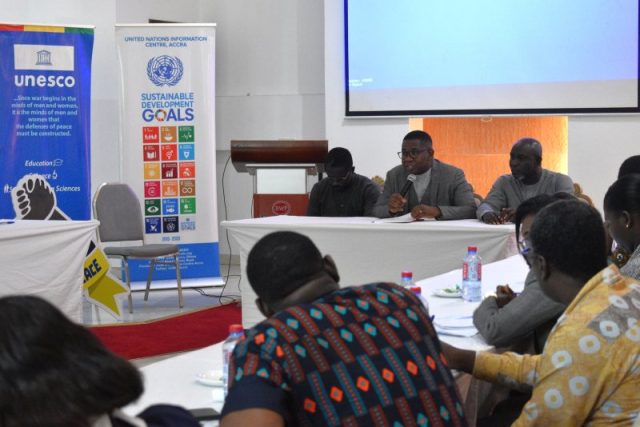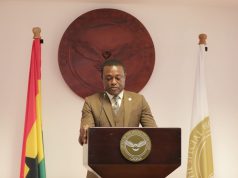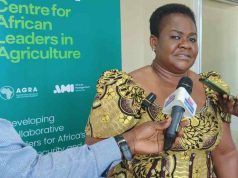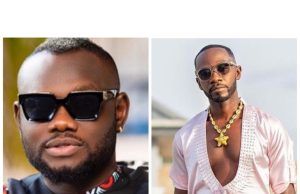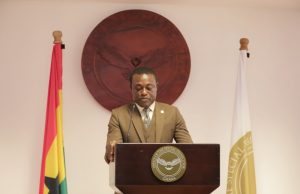By Seli Baisie
Mr. Edmund Moukala, head of the UNESCO office in Accra, underscored the crucial role of journalists in democratic processes during his opening remarks at a capacity-building workshop for journalists in Accra.
The event, supported by the UNESCO Multi Donor Program on Freedom of Expression and the Safety of Journalists, aimed to equip media professionals with essential skills for election coverage in the digital age.
“Your mandate as journalists in covering elections is vital to the functioning of democracy,” Mr. Moukala stated.
He emphasized that the training comes at a critical time, with Ghana’s general elections approaching, and highlighted the importance of adhering to international standards regarding human rights, freedom of expression, and press freedom.
Mr. Moukala acknowledged the rapid evolution of journalism due to digital technology and urged journalists to focus on accurate reporting to promote equitable justice.
“The landscape of journalism has evolved rapidly with the advent of digital technology. As we convene here today, let us be committed to accurate reporting towards equitable justice for all,” he remarked.
He also pointed out the challenges and opportunities presented by digital platforms, urging media practitioners to prioritize accuracy over speed.
“In a competitive media marketplace, especially in the digital era, there is a great urge to be the first to break news. However, this must not come at the cost of accuracy. Verify information precisely before disseminating it,” Moukala advised.
Mr. Moukala stressed the need for digital literacy among journalists, emphasizing the importance of understanding social media tools, digital storytelling, and digital security practices.
“Professionals must be digitally literate. You should understand how to use social media effectively, know the tools for digital storytelling, and be aware of digital security practices to protect yourself and your sources,” he said.
He also highlighted the ethical concerns in the digital age, such as the spread of false and misleading information.
“As journalists, you face unique ethical concerns, including the challenge of reporting accurate information amidst the echo chamber effect of social media. This training program includes comprehensive modules on digital ethics to help you navigate these complexities without sacrificing your values,” Mr. Moukala explained.
Addressing the importance of engaging diverse audiences, Moukala emphasized professionalism in covering gender-sensitive issues during elections.
“You have a duty to engage with diverse audiences, presenting information in an accessible way. Display a high level of professionalism in covering gender-sensitive issues, understanding the needs of different demographic groups, and using multimedia tools to make reporting more engaging and inclusive,” he urged.
In conclusion, Mr. Moukala reaffirmed the amplified responsibilities of journalists in the digital age.
“Your responsibilities are amplified as you must navigate a complex and rapidly changing landscape. By equipping you with the necessary skills and knowledge, you are better placed to fulfill your crucial role of providing the public with accurate, timely, and fair information before, during, and after the elections,” he concluded.
The two-day workshop aims to prepare journalists to cover the upcoming elections impartially and effectively, contributing to a peaceful and credible electoral process in Ghana.

